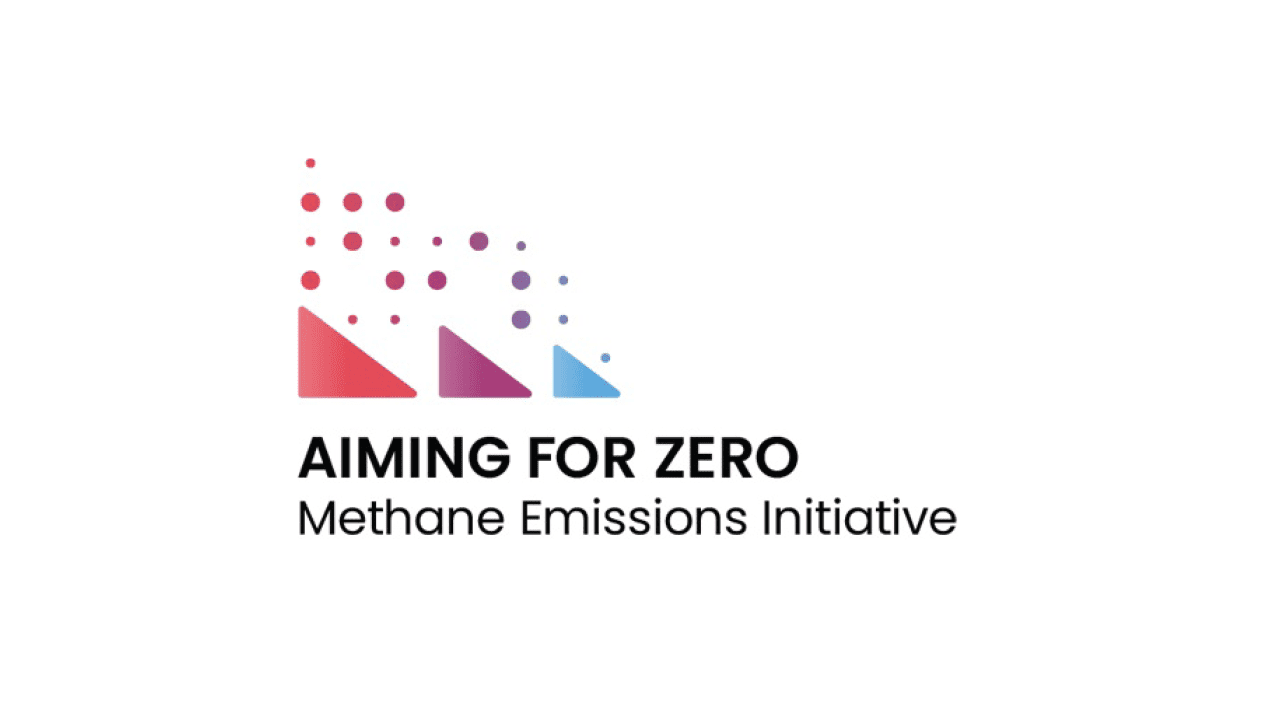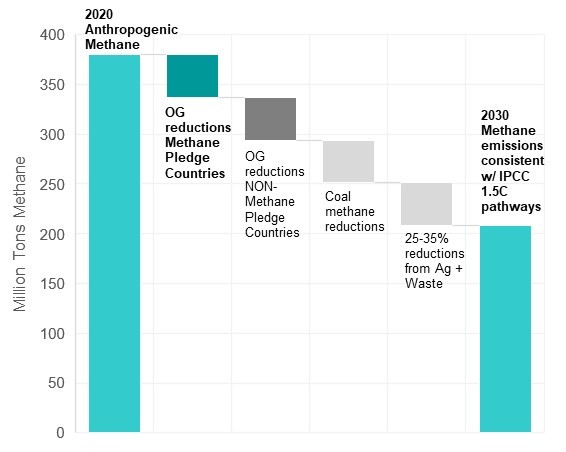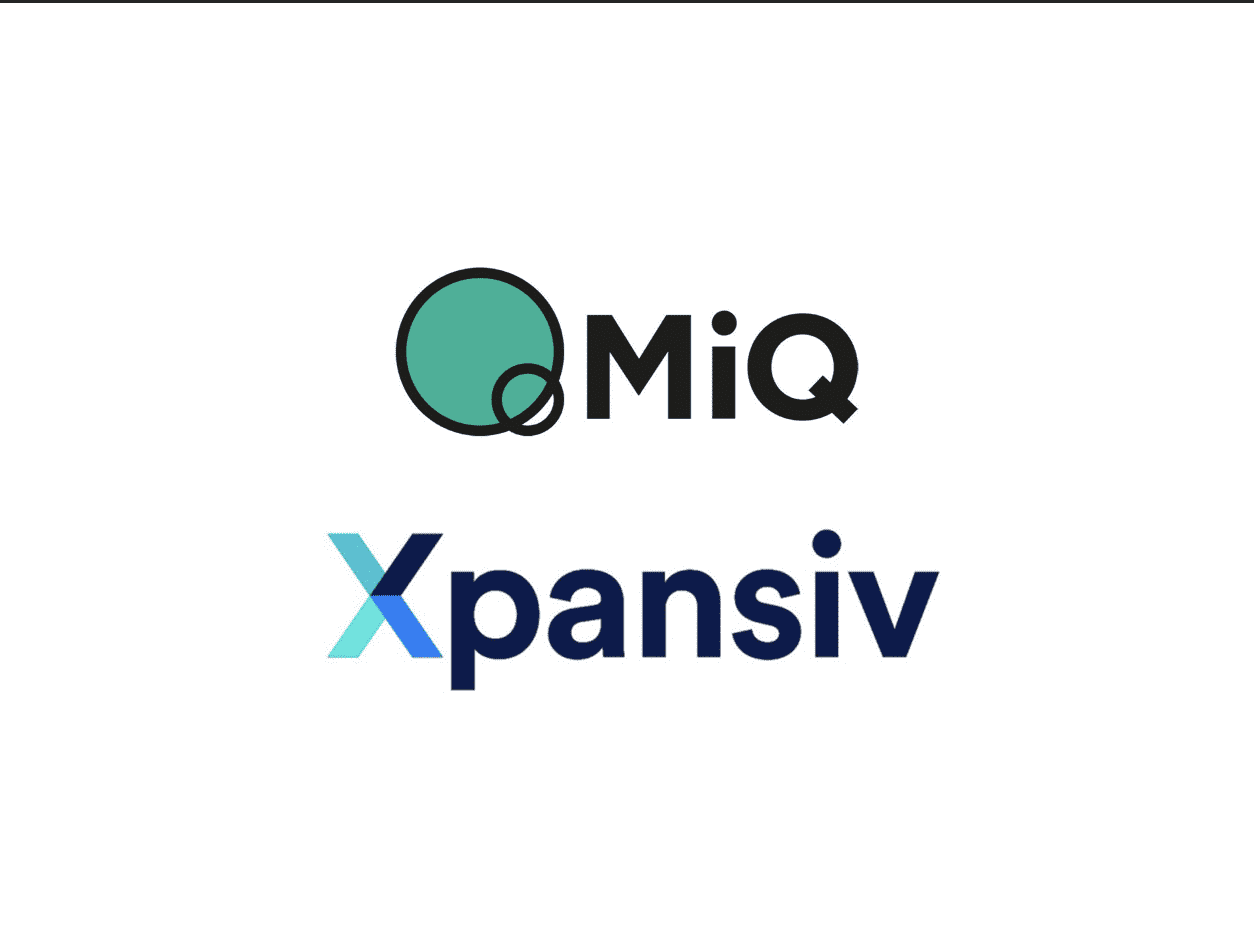
Emissions reduction goals are the latest trend for oil and gas operators to demonstrate their commitment to abating climate change. When it come to methane emissions, the only defendable target is near zero, as we know that natural gas leakage is not an unavoidable or necessary byproduct of production, transport, or energy conversion. OGCI, a CEO-led consortium of oil and gas companies, recently proposed its Aiming for Zero initiative in recognition of the fact that near-zero leakage is and should be a license to operate for the oil and gas industry.
And there is good reason for this.
The IPCC has determined an ambitious but critical need for a 45% reduction in global anthropogenic methane (including all sources: energy, waste, agriculture) levels by 2030 to have a chance at reaching a 1.5C future. This leaves the oil and gas industry little room for error in achieving near zero leakage by the end of the decade, and every national and corporate climate commitment must count. To help paint a picture, if all countries who have signed to the Global Methane Pledge (a separate goal raised during COP26 and taken on by 121 countries to reduce their individual methane emissions by 30%) are able to eliminate methane emissions from their oil and gas sectors alone, we will have only undertaken a quarter of the necessary reductions consistent with the IPCC goal.
Aiming for Zero calls upon all domestic, international, and state-owned oil and gas companies to pledge a near-zero leakage operational target in each country of operation to help bring us closer to a goal of <210 million tons/year anthropogenic methane emitted globally.

Data retrieved from IEA methane Tracker
The good news is, that in the age of vague climate commitments, net-zero pledges, and 30-year projections, a near zero methane target is one of the few that is undeniably practical and achievable by 2030, if not sooner. The IEA has identified that well over 40% of methane reduction measures are cost-negative or cost-neutral to implement, and has the added benefit of recuperating an estimated 40 billion cubic meters of natural gas production to help alleviate global demand.
But when it comes to emission targets, the details and culpability matter. How will companies achieve this commitment? How will it be verified? What transparency will be afforded to the stakeholders banking on these commitments?
Programs like MiQ provide Aiming for Zero operators and stakeholders with the target, the tools, the traceability, and the transparency to deal with these questions in one package. An MiQ A grade assures <0.05% leakage for any given oil and gas operator’s production, or natural gas operator’s processing, transport, and LNG facility. To achieve an MiQ A grade, operators have to apply the most stringent monitoring requirements of any voluntary or regulatory program available today, necessitating both top-down and bottom-up points of view, combined with mandatory abatement measures for avoidance of nearly all normal and abnormal process emissions. MiQ is further committed to testing and calibrating the impact of its program over time using periodic aerial screening methods and facility-scale measurement protocols. The MiQ certification registry enables the product and its emissions to be traced through the supply chain to the end-user.
Many stakeholders will rightfully want verification of emission reductions. Thanks to the multitude of airborne and satellite programs soon available to the public and open market, investors, ENGOs and regulators interested in progress towards near-zero commitments will be able verify or contest country-scale and company-wide reductions. The good news is that we don’t have to wait for satellites or perfect inventories to get started. The necessary abatement tools are at our fingertips, ready off the shelf and can be tracked with Standards and Certification programs like MiQ, available today.


